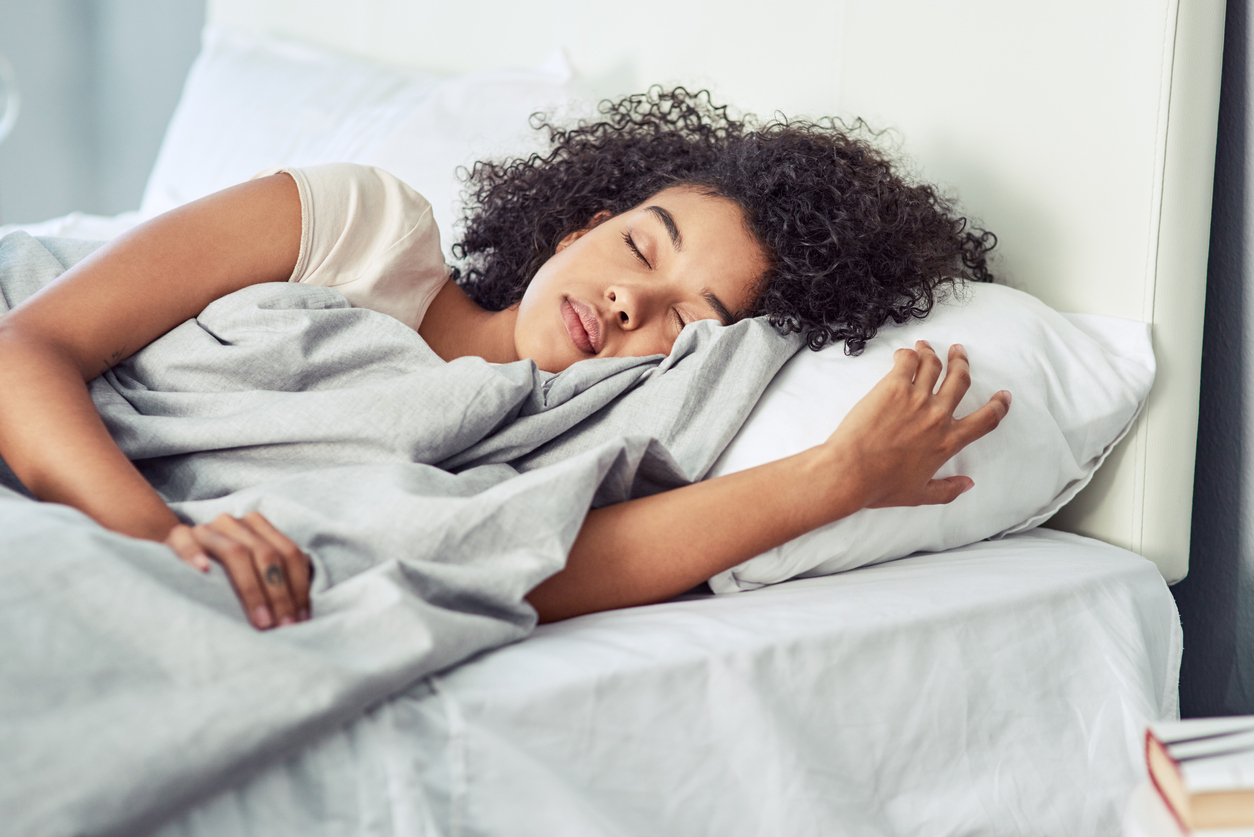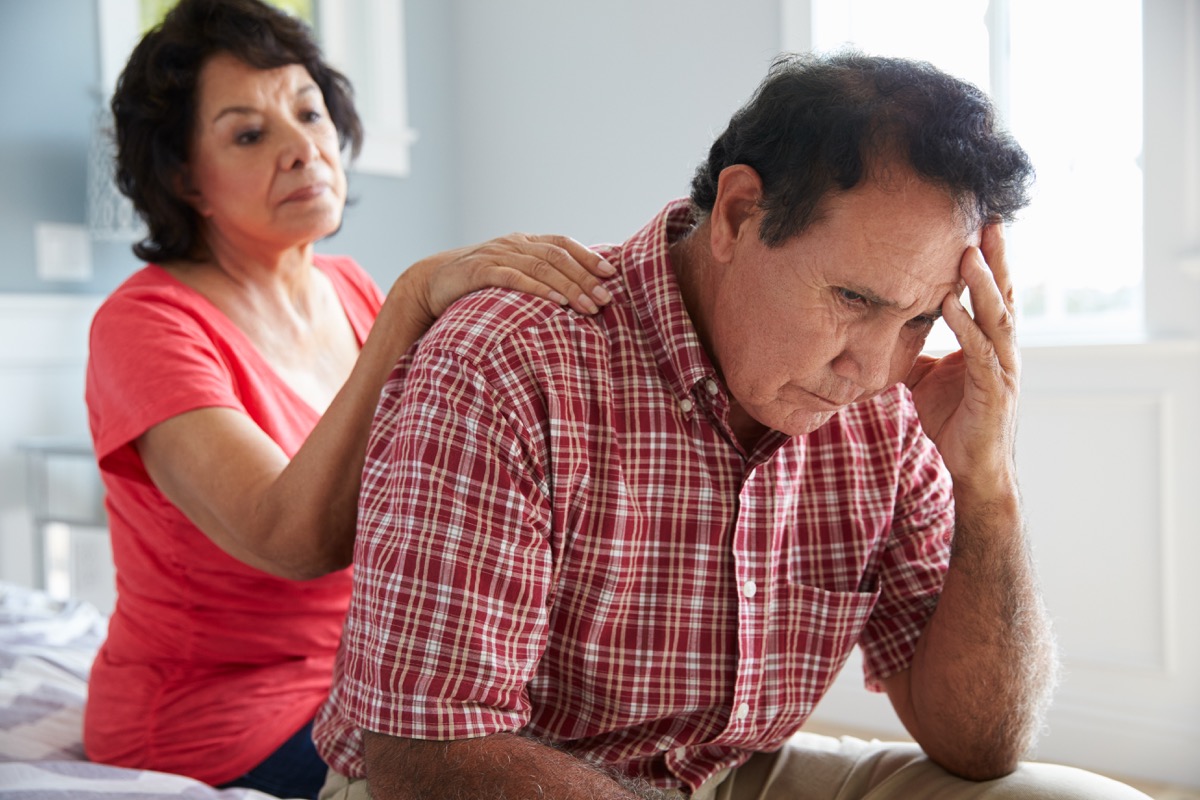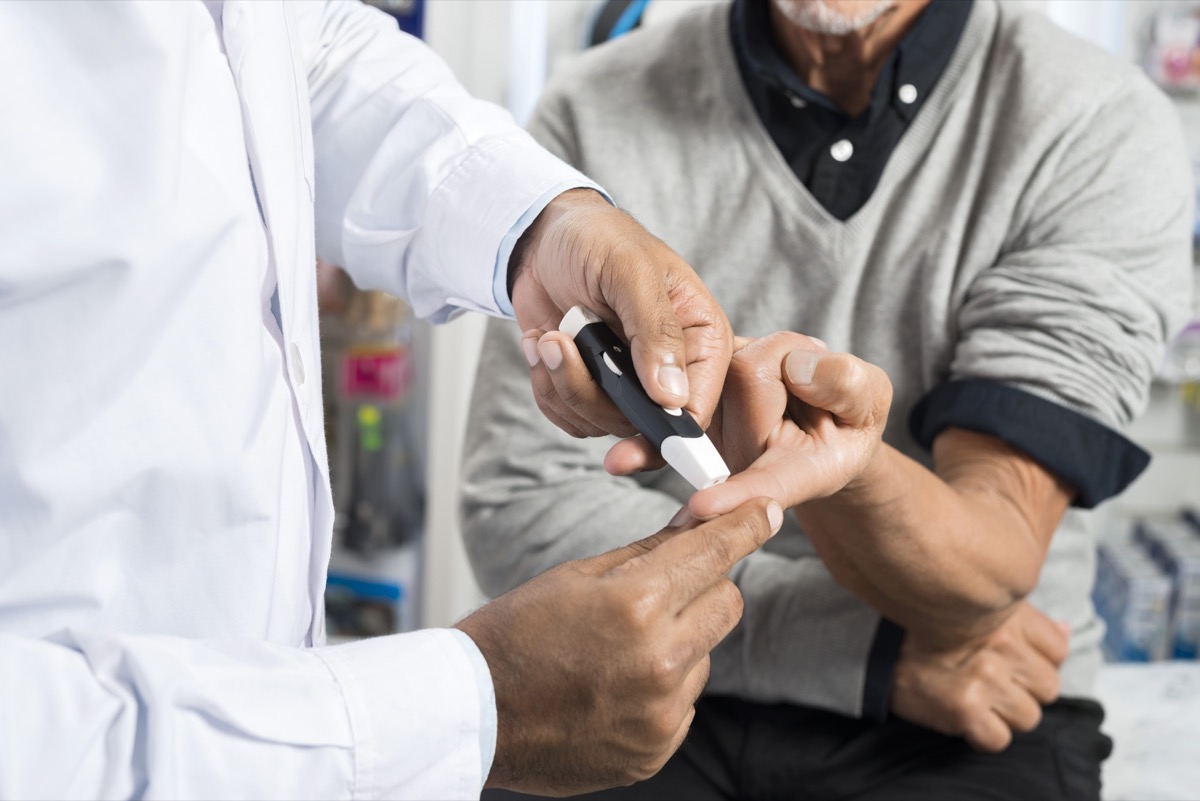Poor sleep the week before getting a flu shot can possibly render it ineffective, Matthew Walker, PhD, a neuroscientist and the bestselling author of Why We Sleep, told CNN. That’s because insufficient sleep can lead to the production of less than 50 percent of the normal antibody response, he explained. According to Walker, two major studies speak to this point. A notable 2002 study published in the Journal of the American Medical Association found a clear decrease in response to the flu vaccine for those who had reduced sleep for four days before getting vaccinated, compared to those who had unrestricted sleep right before. And a recent 2020 study published in the International Journal of Behavioral Medicine found that “sleep on nights prior to vaccination are critical,” as shorter sleep duration two days before vaccination led to fewer antibodies in the months after. Sleep plays a vital role in our immune system—strengthening it as we rest. Consequently, less sleep means less time for your body to strengthen your immune response, which can make you more vulnerable to a series of illnesses.ae0fcc31ae342fd3a1346ebb1f342fcb “Individuals who are sleeping less than seven hours are three times more likely to become infected by the rhinovirus, or the common cold,” Walker told CNN. “We know that individuals who are sleeping five hours or less a night are 70 percent more likely to contract pneumonia.” Walker said that further research on the impact of sleep and vaccine efficacy could help in the ongoing coronavirus fight. He says that it could be a “game-changer” if there is a similar relationship between sleep and successful COVD immunization as there is to sleep and flu immunization. Of course, flu vaccine efficacy isn’t the only thing that is affected by a lack of sleep. Read on to find out what other health problems sleep deprivation can cause, and for more on the flu season this year, find out What Could Happen When COVID Meets the Flu. People who consistently have poor sleep tend to have higher concentrations of beta-amyloid protein in their brain. According to a 2015 study published in Nature Neuroscience, this protein is associated with the development of dementia and Alzheimer’s. And if you’re struggling to get rest, Never Put This In Your Body Before Bed If You Want to Sleep, Doctors Say. A 2011 study published in the journal Cancer found that people who averaged less than six hours of sleep per night had a nearly 50 percent increased risk of colorectal adenomas compared to those who typically got seven or more hours of sleep every night. Colorectal adenomas are precursor lesions to colon cancer. And if you’re in need of extra sleep, discover which Days You Should Be Sleeping In on to Add Years Back to Your Life. A 2015 study published in Diabetes Care found that for every hour less than seven hours a person slept, they had a 9 percent increased risk of type 2 diabetes. This finding was gathered from Harvard researchers, who analyzed 11 reports on the relationship between sleep duration and diabetes. And for more nocturnal guidance, This Is Exactly How Much Sleep You Need to Be Getting, Study Says. Poor sleep can even affect your heart in various ways. In fact, the Centers for Disease Control and Prevention (CDC) warns that sleeping less than seven hours a night puts you at greater risk of a heart attack. And for more up-to-date information, sign up for our daily newsletter.




